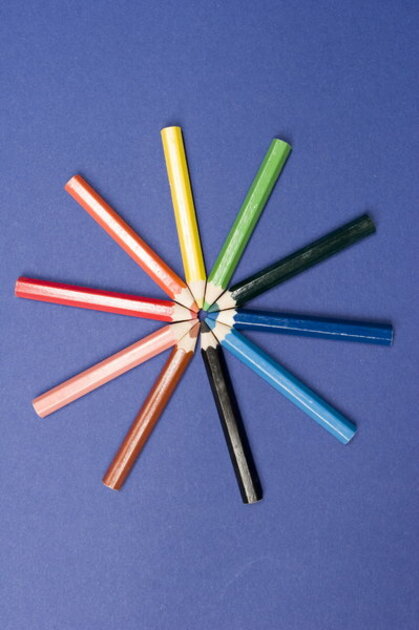
How far does the Jewish tradition go to protect the authority of the court? Will the court reverse its ruling when new evidence appears, even if this makes the judges appear incompetent?
Our Gemara on Amud Aleph discusses the concept of æææææˆæ æææ æææ æ a denigration of the Jewish court of law. The Gemara considers that in a situation where new legal information came up that overrides the original ruling, in certain cases the judges should not retract. If the evidence is a complete refutation of the original ruling, then the rabbis should certainly recant their decision. However, if the evidence merely supports an original chazakah, (status quo such as physical possession of an object in dispute), but isn’t an absolute proof, the rabbis do not retract. This comes up in a situation such as if a new witness came forward and supported the testimony of an original single witness, but there was another pair of witnesses contradicting this testimony. The two witnesses nullified the single witness and thus the plaintiff would be awarded the claim under dispute. But now if an additional witness comes forward, supporting the defendant, since it is essentially two against two, the rabbis will not reverse the ruling. This is even though the defendant has the status quo possession chazakah. After all, it is one thing to make Beis Din look bad if it is to serve the aim of absolute justice. However, here it is still not clear who is in the right.
The idea is that the rabbis do not want the court to appear fickle or not authoritative by suddenly reversing a ruling. Though if the new evidence was 100% conclusive the rabbis would certainly reverse it because justice must be served. However, in the case we described, the evidence is now 50/50 and it is merely the physical chazakah that is in favor of the defendant. In such instances, our Gemara considers that the judges should not overturn the ruling.
Even so, it is a difficult point of ethics to accept that the honor of the court should supersede the interests of an individual. The simple answer is, well sorry, yes it does. Though it runs contrary to more Western modes of thought, which honor the individual, in Torah thought and other traditional societies, the individual is sometimes subjugated to the community's concerns. The cost is loss of some liberty, but the payoff is social order. We have seen what happens when people lose respect for the authority of the courts and riot when the courts make an unpopular ruling. Nevertheless, I believe this is a bit of a chiddush, so I wondered if there might be some precedent within other areas of Torah thought to support the idea of protecting the honor of the court to such an extent.
Rashi (Devarim 19:19) quotes the Gemara (Makkos 5b) that discusses the laws of false witnesses. If witnesses testified falsely and the judges ruled to convict the accused murderer, if the witnesses were proven to be liars, they now must face punishment corresponding to what they tried to inflict. Thus, they would have to pay the fine, or even be executed, if they so conspired to convict another person. Interestingly and counterintuitively, if the witnesses were proven false after their testimony was accepted and the defendant was executed, then the witnesses no longer receive a death penalty. (This rule only applies to the death penalty, but not monetary or lashes convictions. If the defendant was convicted on their testimony to lashes or financial retribution, and the witnesses were proven false after the conviction and the enforcement of the court’s judgement, the false witnesses will still be liable for financial and physical punishment. See Rambam Laws of Testimony 20:22.)
The Maskil Ledovid commentary on Rashi offers an explanation for this halakha based on the the sentiment of Zilusa DeBei Dinah. He says that once someone was executed, the psychological cost of a retraction would undermine the authority of Beis Din. Besides which, if the matter went this far, it should be seen as the hand of God, both in the execution of the innocent person as well as the future retribution of the false witnesses. Perhaps this was the Torah source for the concept of Zilusa Debei Dinah, even to the extent that justice is not fully served.

 Previous
Previous
